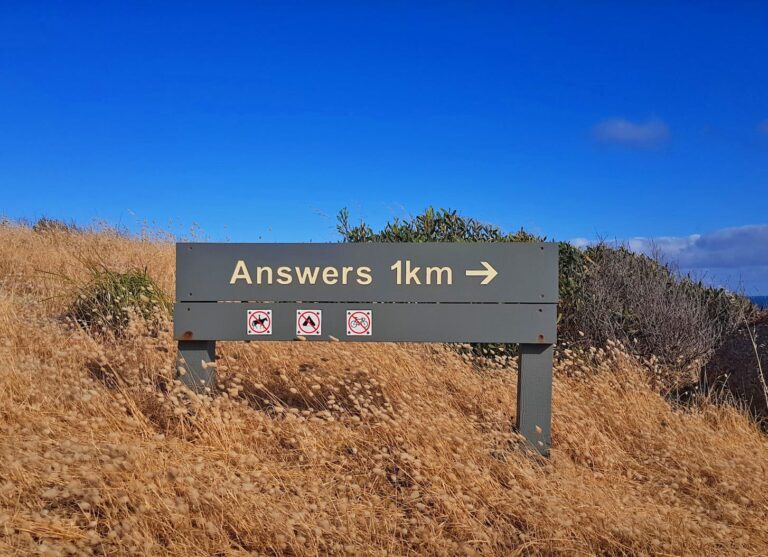Why is my Website So Slow? 5 Common Causes
A slow website can be frustrating for your visitors and will lead to a loss of traffic and revenue. This could be intermittent or it could be happening every day. Unless you know the signs you can miss the problem completely.
Read on to see how you can improve your site.
5 Common Causes of a Slow Website
Poor quality web hosting service
Your website’s performance heavily relies on the quality of your web hosting service. A poor quality web hosting service can lead to slow loading times, downtime, and other issues.
Possible fixes:
- Upgrade to a better web hosting plan or provider that can handle your website’s traffic.
- Consider a content delivery network (CDN) to help speed up loading times.
- Check your web hosting provider’s server location, as hosting your website on a server far from your target audience can result in slow loading times.
Large image files / Too many images
Images are essential for a visually appealing website, but they can also be a major cause of slow loading times. Large image files and too many images can slow down your website and cause a poor user experience.
Possible fixes:
- Optimise your images to reduce their file size. This can be done without affecting image quality.
- Use lazy loading, a technique that only loads images in the viweport as they appear and avoids loading all your images at once.
- Try to remove unnecessary images and only use images that are relevant.
No server-side caching
Server-side caching will generally speed up your website by storing frequently accessed data in a cache. This reduces the need to access files every time someone visits your website. If your website does not have server-side caching enabled, it will slow down loading times.
Possible fixes:
- Enable server-side caching through your web hosting provider.
- A caching plugin will speed up your website by caching pages, images, and other content.
- Optimize your website’s code and database queries.
Too many plugins causing page bloat
Plugins are a great way to add functionality to your website, however too many plugins can slow down your website and cause page bloat. Each plugin you add adds extra code like javascript to your site, which can slow down loading times.
Possible fixes:
- Remove unnecessary plugins, only keep the ones you really need.
- Use lightweight plugins that do not add unnecessary code to your website.
- Consider other options instead of just endlessly adding more plugins to provide solutions to problems and features.
Poor choice of theme or design
Your website’s theme and design can also have an impact on loading times. A poorly designed theme or design can cause slow loading times and a poor user experience.
Possible fixes:
- Choose a lightweight, optimized theme that is designed for speed.
- Use a design that is minimalistic and optimized for speed, avoiding excessive use of images or animations.
- Use a performance testing tool to analyze your website’s theme and design and identify any issues that need to be addressed.
A slow website can have a significant impact on your website’s performance, user experience, and revenue. Identifying the causes of a slow website and quickly implementing the correct fixes will help improve your website’s provide a better user experience all around.
Check your website’s speed here using a free tool from Google
If you need professional help you can contact Coded here.




